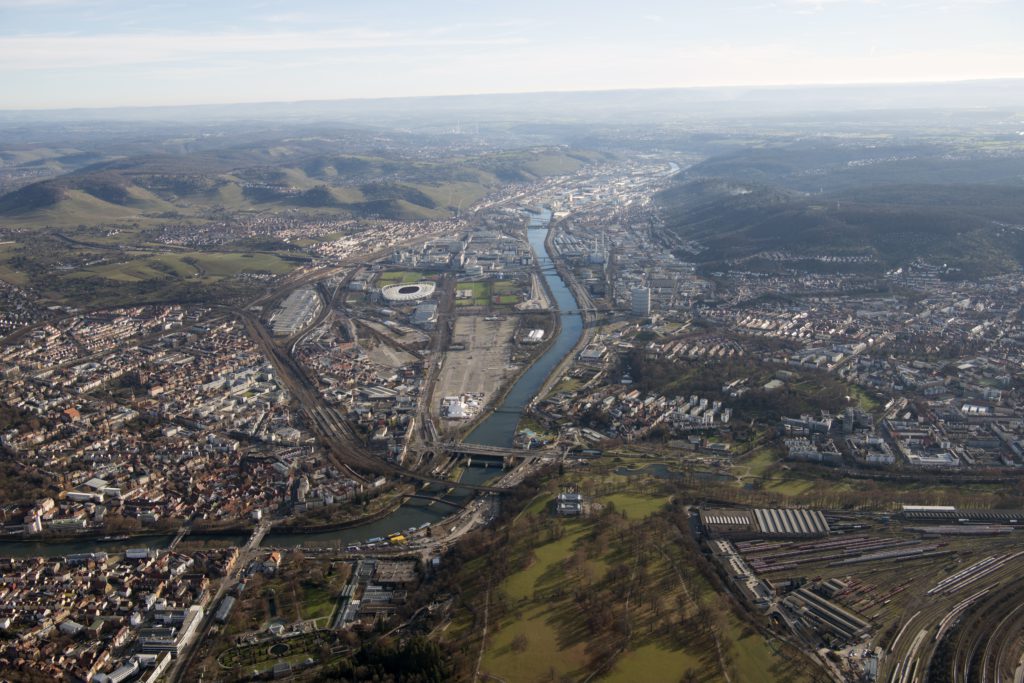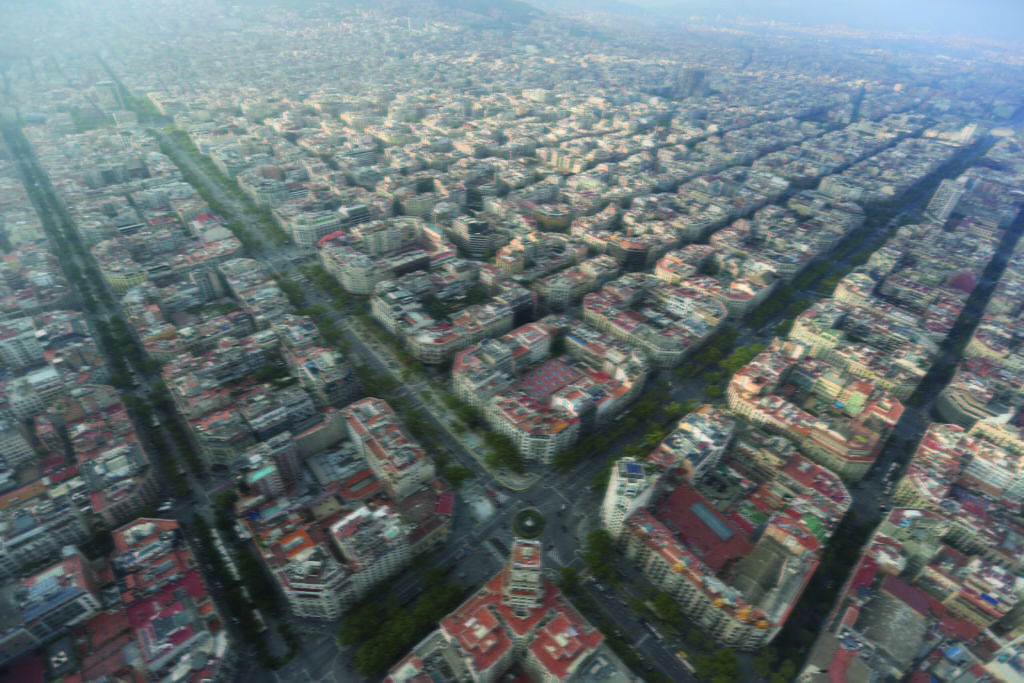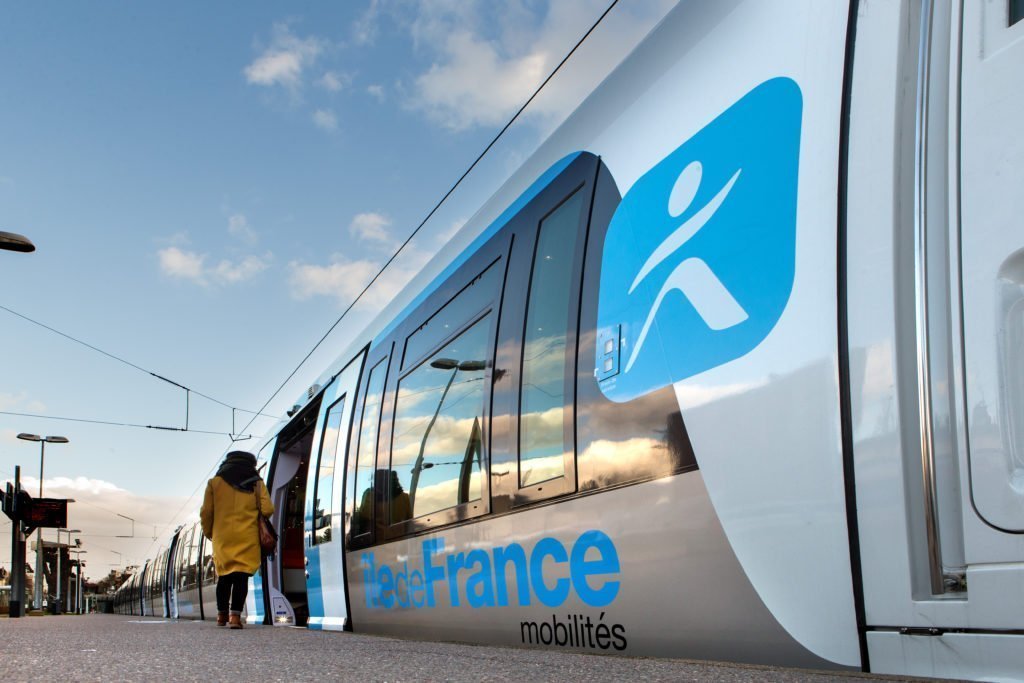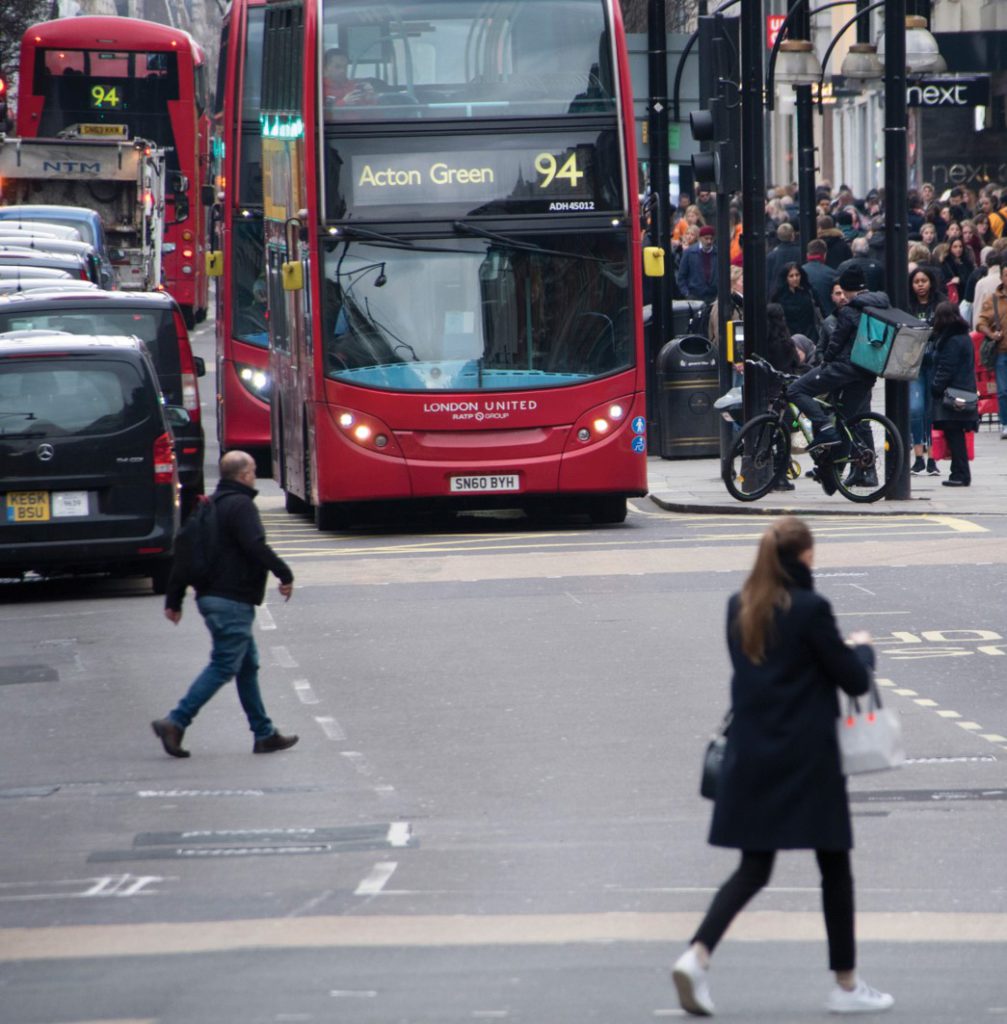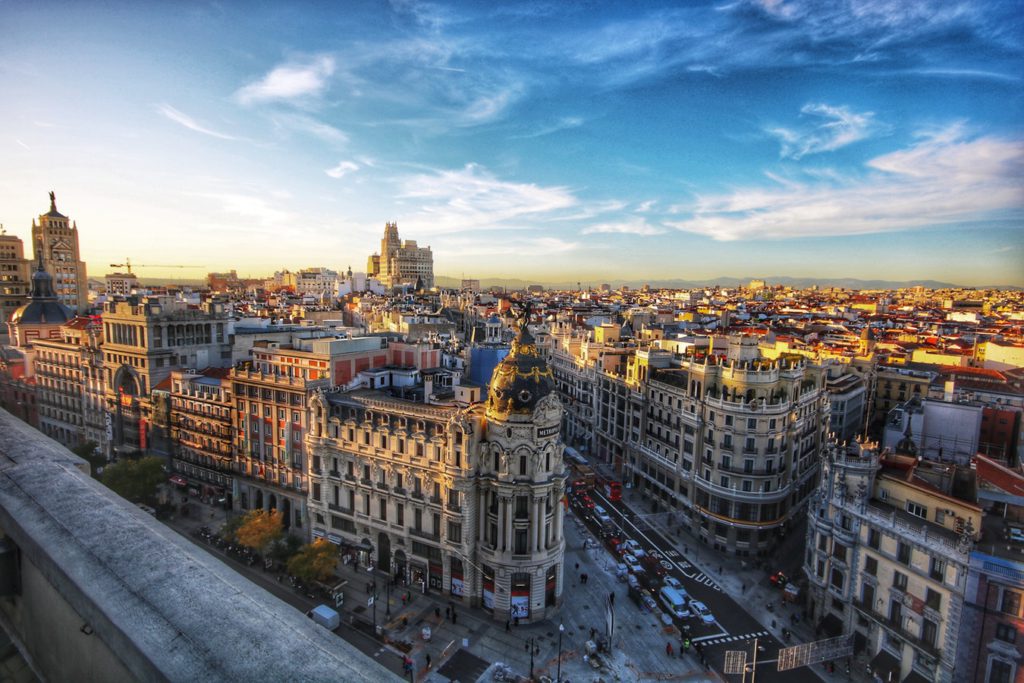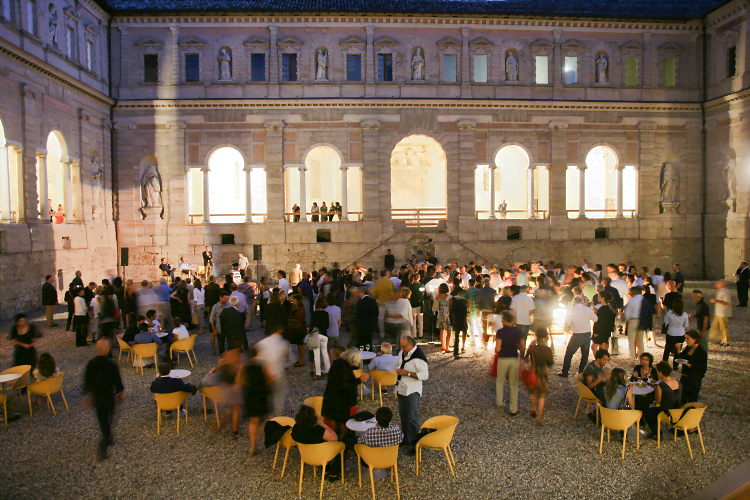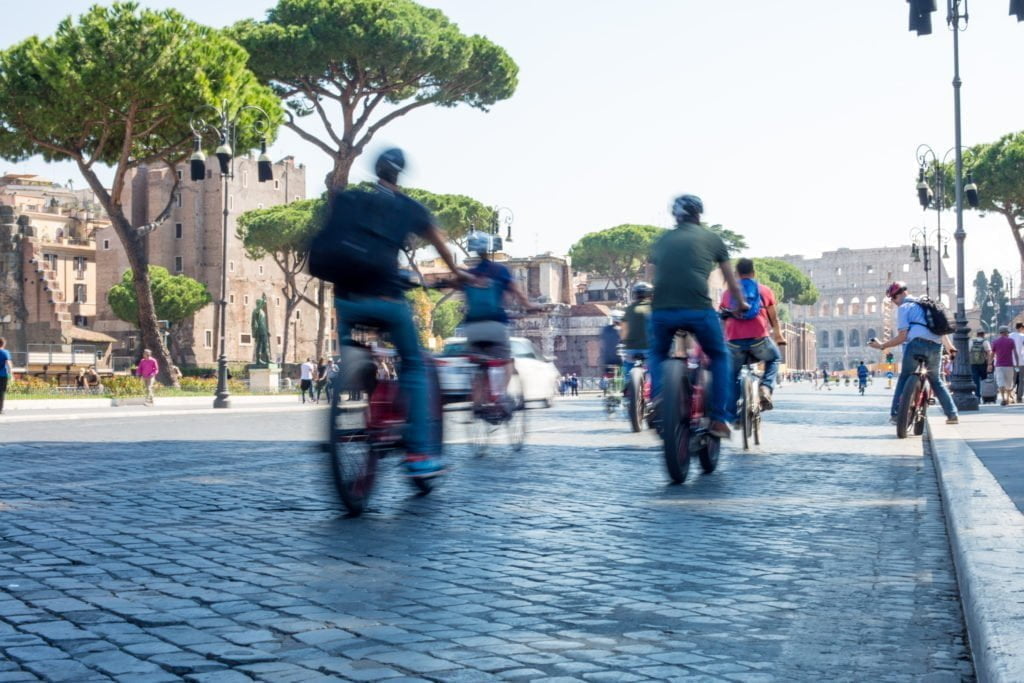POLIS brings together leading decision makers for political summit in Paris
Achieving sustainable mobility targets will take determined and courageous leadership; this week the POLIS Political Group will demonstrate what this looks like.
On Friday 18 March, POLIS will convene a group of 25 local and regional political leaders to discuss the key challenges facing urban mobility and share the solutions being found.
Local mobility challenges are multifaceted, and it is no secret that delivering climate goals, improving air quality and safety, and reducing congestion require tough and complex decisions. As we have already seen, strong leadership will be the linchpin in this road to a sustainable future for our cities and regions. Friday’s summit looks set to be a key moment when Europe’s mobility decision makers will demonstrate how to translate political dialogue into action on the ground.
Europe faces an enormous challenge on the road to sustainable urban mobility. Transport in cities is responsible for almost ¼ of the EU’s greenhouse gas emissions from the sector, simultaneously our cities are growing rapidly, and existing fuel sources present a very real security threat. Meanwhile, solutions must comprehend and respond to the rights and needs of all mobility users- regardless of age, gender, ability and socio-economic status. Never before has collaboration and coordination been so urgent.
POLIS members are stepping up to the challenge. The meeting, organised in cooperation with the City of Paris, Ile-de-France Mobilités, and world leading mobility trade show, Autonomy, will convene Deputy Mayors, Ministers for Mobility and Secretaries of State from leading European cities and regions.
“The POLIS Political Group offers a unique platform for local and regional political leaders holding the mobility portfolio to talk to each other, be inspired by each other’s successes as well as join forces to address barriers, while challenging each other to be ambitious in the big transport transformation ahead of us,” says Karen Vancluysen, POLIS Secretary General.
What makes this summit unique? Leading for change is a challenge that comes in all sizes, in Paris we will not just see European capitals at the table; the event will place major cities alongside their small and medium-sized neighbours, as well as regions. While the sustainability ambitions and achievements of our largest metropolises may dominate headlines, smaller cities and regions have proved key innovation hubs. Indeed, POLIS’ President, Leuven (Belgium) was crowned the 2020 European Capital of Innovation, while the German region of Baden-Württemberg is leading the way in enhancing green transport technologies.
What better location to place local leadership on the map than Paris? The French capital- and its metropolitan region has pioneered the way to car-free centres, 15-minute neighbourhoods and public transport innovation.
"The latest IPCC report has shown us that it is imperative for the survival of our metropolises and territories to drive the transformations necessary for the decarbonisation of our modes of transport. In Paris, in order to fight against global warming, air pollution and noise, we are reducing traffic and the space dedicated to it by allocating it to other uses: greening, pedestrianisation, creation of new public transport routes, creation of cycle paths. Our objective is to reduce car use and promote public transport and soft and active mobility. It is up to us, metropolises, regions, cities and territories in France and Europe, to continue and intensify our efforts to transform and decarbonise mobility. “ Said David Belliard, Deputy Mayor of Paris in charge of the transformation of public space, transport, mobility, the street code and roads.
If the carbon neutrality goals laid out by the European Union’s Green Deal are to be achieved, cities and regions of all sizes and geographies must work together, and this gathering shows that they are.
"I am very pleased to host the second half of the POLIS Political Group meeting. Engagement with POLIS as a leading European network is necessary because despite different types of governance and public transport systems, we share common objectives in terms of mobility and we all face common issues, which has been well highlighted by the Covid-19 crisis. The short- and long-term challenges ahead are multiple and must be tackled together, from returning to normal transit ridership (pre-pandemic level) to combating climate change", said Laurent Probst, CEO of Île-de-France Mobilités.
Discussions will traverse the length and breadth of sustainable mobility, from innovation and partnerships to safe streets. The Climate Neutrality Challenge will also be high on the agenda, with many POLIS member applicants to the Climate Neutral Cities Mission in attendance, as well as representatives from the European Commission.
Shaping and communicating transformational transport policies will also be high on the agenda. Comprehensive and enduring shifts in mobility patterns must have citizens onboard- in every sense of the word. Political leaders will discuss how behavioural changes can be prompted in ways which engage citizens throughout the process and increase support for sometimes radical but necessary interventions.
Each city and region are chasing sustainable mobility goals in a different way; while Barcelona has pioneered the superblock concept, Rome’s emerging cycling revolution has inspired awe across Europe, and Leuven’s mobility hubs are paving the way for a truly intermodal future. Shoulder to shoulder in Paris this week, leaders will listen, learn, share and (hopefully) come away with a renewed insight into the opportunities for positive change.
“The Paris city summit could not be happening at a more important time,” said Ross Douglas, Founder and CEO of Autonomy.
The summit also continues POLIS’ commitment to expanding women’s leaderships in the transport sector. With almost a 50/50 gender split amongst delegates, the summit seeks to rectify the current imbalances seen across the industry.
Peer-to-peer exchange is at the heart of POLIS’ work. By bringing decision makers together for open and honest dialogue, we help support the creation of policies and strategies to accelerate the shift to sustainable urban mobility, improve equity and safeguard the public interest, and deal with cutting-edge innovation.

